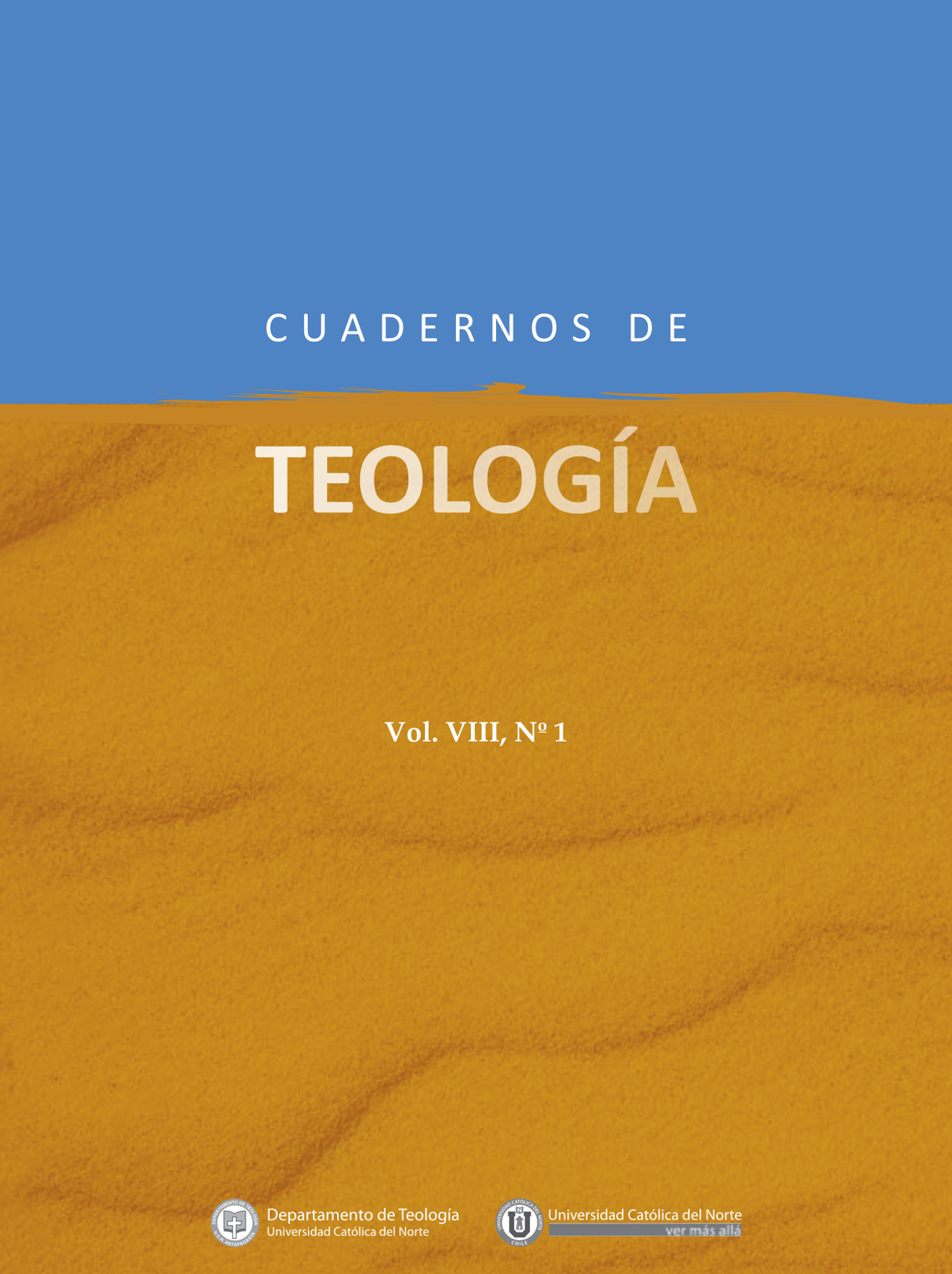Analytical tension in the encounter between radical constructivism and Edith Stein’s thought.
DOI:
https://doi.org/10.22199/S07198175.2016.0001.00005Keywords:
Constructivism, Phenomenology, Reality, Knowledge, IncommensurabilityAbstract
The questions of truth, for the power of reaching it, and how to get a method reliable enough to assure that the solutions proposed in this search are right are at the basis of both options for approaching this challenge. So, is it possible to establish dialogues between models of knowledge production so far from one another as transcendental phenomenological methodology and radical constructivism are? The dialogue should initially be a condition of any form of comprehensive approach sharing subjects of study, that is, given a common interest, being able to compare in order to know better will be a valid effort because it provides analytical elements that will allow observing the complete arc of solutions that, facing the complexity of reality, the human intellect can produce.
References
ARISTEGUI, ROBERTO. [s.d.] Examen del constructivismo en psicoterapia [en línea]. . [s.n. : s.l.], 83-103. Cinta Moebio 27. [Consultada 10 marzo 2016]. Disponible en: www.moebio.uchile.cl/07/aristegui02.htm
BOTELLA, LUIS. (1998) Teoría de los constructos personales: aplicaciones a la práctica clínica. Barcelona: Laertes.
CRESPO, MARIANO. (2010) Aspectos fundamentales del método de Edith Stein. [s.n. : s.l.], 59-78. EN: Revista Teología.
CUBERO, ROSARIO. (2005) Perspectivas Constructivistas: la intersección entre el significado, la interacción y el discurso. Barcelona: Editorial Graó.
FEIXAS, GUILLEM. [s.d.] Constructivismo y psicoterapia. España: Editorial Desclée de Brouwer, 200.
FERRER, URBANO. (2008) Para comprender a Edith Stein: claves biográficas, filosóficas y espirituales. Madrid: Ediciones Palabra.
GALLEGO-BAUDILLO, RÓMULO. (1996) Discurso sobre el constructivismo: nuevas estructuras conceptuales, metodológicas y actitudinales. Bogotá: Cooperativa Editorial Magisterio.
HAYA, FERNANDO. (2008) Para comprender a Edith Stein: claves biográficas, filosóficas y espirituales. Madrid: Ediciones Palabra.
KELLY, GEORGE. (2001) Psicología de los constructos personales. Barcela: Ediciones Paidós Ibérica.
CABALLERO B., JOSÉ LUIS. (2010) Ejes transversales del pensamiento de Edith Stein. [s.n. : s.l.], 39-58. EN: Revista Teología v. LI.
CABALLERO B., JOSÉ LUIS. (2012) Consideraciones y preguntas en torno al concepto de empatía en Edith Stein. [s.n. : s.l.], 15-28. EN: Aporía 3.
OSORIO, FRANCISCO. (2004) Ensayos sobre socioautopoiesis y Epistemología constructivista. Santiago, Ediciones Mad. Facultad de Cs. Sociales.
ROSAS, RICARDO. (2001) Piaget, Vigotsky y Maturana: constructivismo a tres voces. Buenos Aires: Editorial Aique S.A.
SANCHO, FERMÍN. (2005) 100 fichas sobre Edith Stein. Burgos: Editorial Montecarmelo.
SANKEY, HOWARD. (1997) Incommensurability: the current state of play. Theoria XII. [s.n. : s.l.], 425-445. Segunda Época, 30.
STEIN, EDITH. (2005) Causalidad psíquica. Obras Completas II. Escritos filosóficos. Etapa fenomenológica. Burgos: Ediciones El Carmen.
STEIN, EDITH. (2005) Introducción a la filosofía. Obras Completas II. Escritos filosóficos. Etapa Fenomenológica. Burgos: Ediciones El Carmen.
STEIN, EDITH. (2003) La estructura de la persona humana. Obras completas IV. Escritos antropológicos y pedagógicos. Burgos: Ediciones El Carmen.
STEIN, EDITH. (2004) Sobre el problema de la empatía. Madrid: Editorial Trotta.
Published
How to Cite
Issue
Section
Los autores continúan como propietarios de sus trabajos, y pueden volver a publicar sus artículos en otro medio sin tener que solicitar autorización, siempre y cuando indiquen que el trabajo fue publicado originariamente en Revista Cuadernos de Teología (eISSN:0719-8175).












_(1).png)






